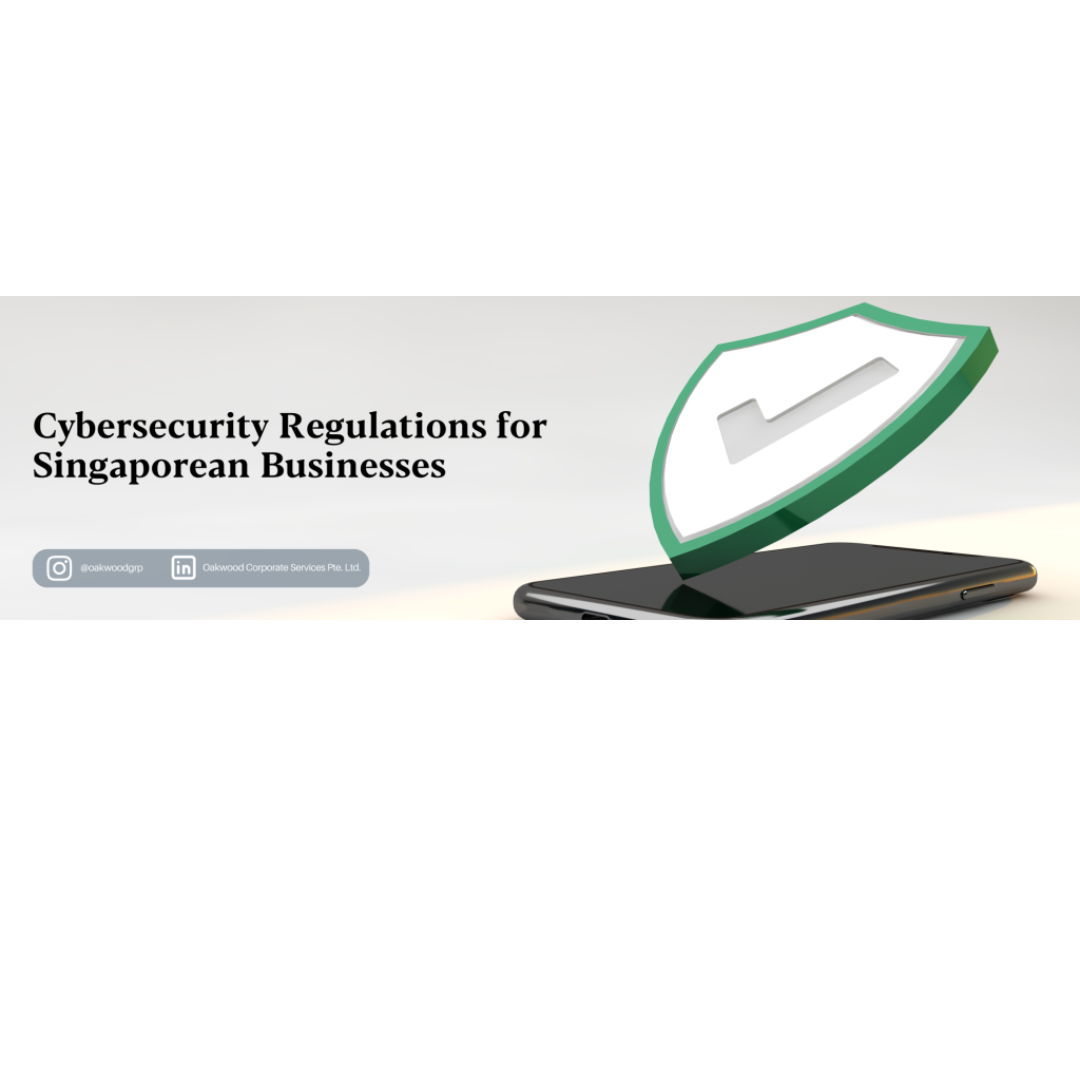
Cybersecurity Regulations for Singaporean Businesses
In an era which is prevalent with digital malice, the significance of cybersecurity for Singaporean businesses becomes paramount. The Cybersecurity Act of 2018, which is the foundation of Singapore’s digital defense strategy, establishes a comprehensive framework that business leaders must comprehend and adopt. This imperative extends beyond mere compliance. Hence, this emphasises the enhancement of business resilience in a landscape where cyber threats are both tangible and unpredictable.

Protecting Critical Infrastructure: The Heart of the Act
The Act places significant emphasis on safeguarding Critical Information Infrastructure (CII) across key sectors like telecommunications, banking, healthcare, and energy. If your business operates in these sectors, it is legally required of you to comprehend and comply with the provisions of the Act.
Cybersecurity Obligations: Beyond Compliance
For businesses classified as CII, the law imposes rigorous obligations: regular risk assessments, cybersecurity audits, incident reporting and participation in national cybersecurity exercises. While seemingly stringent, these measures serve a dual purpose. They not only protect your business from cyber threats, but they also position your company as a trustworthy entity in a world where consumers are increasingly wary of plausible data breaches.
Licensing Cybersecurity Service Providers: Quality Assurance
In a strategised regulatory move, Singapore aims to oversee the licensing of cybersecurity service providers. This ensures that the services you employ to protect your business ought to meet stringent standards, hence, this provides a layer of assurance in a saturated marketplace.
Incident Reporting: A Reflection of Transparency and Responsibility
The Act mandates prompt reporting of cybersecurity incidents. This practice is crucial, not just for compliance but also for maintaining stakeholder trust and demonstrating your organisation’s commitment to upholding transparency and ethical practices.
Cultivating a Resilient Cyber Culture
Genuine cybersecurity surpasses compliance because it entails the integration of a culture of cyber awareness and resilience within the organisation. Through regular training, adherence to best practices, and cultivation of a vigilant culture, cybersecurity can be elevated from a requirement to a fundamental business value.
Data Protection: Hand in Hand with Cybersecurity
The Cybersecurity Act, along with the Personal Data Protection Act (PDPA), underscores the need for stringent data protection. Protecting personal data is not only a legal mandate but also a critical aspect of maintaining customer trust and business reputation.
Keeping Up with the Evolving Landscape
The digital threat landscape is constantly changing, and also requires constant vigilance. It is essential to anticipate potential cybersecurity threats, by keeping track of any updates and amendments to the Act and related legislation.
Cybersecurity as a Strategic Investment
In the current digital economy, it is considered to be a future investment by adopting and implementing robust cybersecurity measures. This may mitigate potential risks and also increases the perceived value of your business.
Conclusion
By navigating the complexities of the Cybersecurity Law, businesses may embark on its regulatory journey. Business should also tackle the digital obstacles and also win their customer’s and stakeholder’s trust. Therefore, it is important for businesses to be updated and proactive in navigating its cybersecurity measures.

